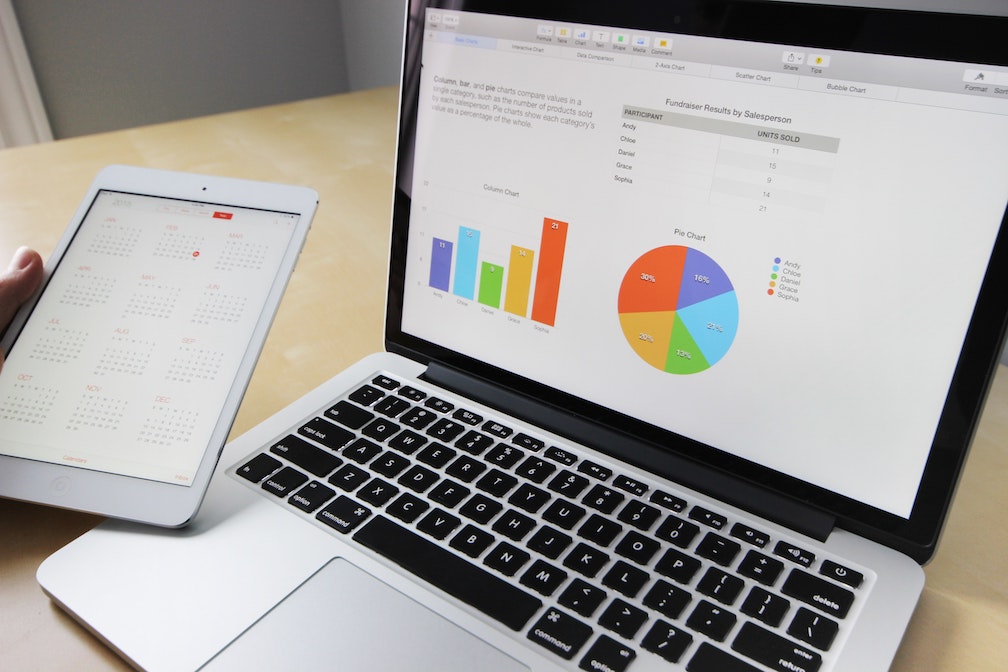The pros and cons of leasing and financing a business car

If you're in need of a business vehicle, you’ll need to decide how you’re going to finance it: lease vs chattel mortgage (business car loan). Here's a look at the pros and cons of each option to help you decide which is best for your business.
Leasing Pros:
1. You can get a new car every few years
If you lease a car, you're only responsible for paying for it during the term of the lease, typically two or three years. At the end of the lease, you can simply turn in the keys and walk away. This is ideal if you like having a new car every few years.
2. You may have lower monthly payments
Since you're only paying for the vehicle during the term of the lease, your monthly payments will be lower than if you were financing a car. This can free up cash flow for other expenses.
3. You can write off lease payments as a business expense
If you use the car solely for business purposes, you may be able to write off your monthly lease payments as a business expense. Consult with your accountant to see if this is an option for you.
Leasing Cons:
1. You may have to pay penalties for early termination
If you need to get out of your lease early, you may be charged a hefty penalty. This can be costly, so it's important to be sure you can commit to the full term of the lease before signing on the dotted line.
2. You're not building equity in the car
Since you don't own the car, you're not building any equity in it. Once the lease is up, you'll have nothing to show for it.
3. You may have mileage restrictions
Most leases come with mileage restrictions, typically around 12,000 miles per year. If you exceed this, you may be charged a fee per mile driven over the limit. This can add up quickly, so it's important to make sure you can stay within the mileage restrictions before leasing a car.
Financing Pros:
1. You own the car
When you finance a car, you're the owner from day one. This means you can do whatever you want with it, including selling it or trading it in when you're ready for a new car.
2. You can build equity in the car
As you make payments on your car loan, you're also building equity in the vehicle. This can come in handy if you need to sell or trade it in before the loan is paid off.
3. You may be able to get a lower interest rate
If you have good credit, you may be able to qualify for a lower interest rate on your car loan. This can save you money over the life of the loan.
Financing Cons:
1. You may have higher monthly payments
If you finance a car, you're responsible for the entire purchase price of the vehicle. This means your monthly payments will be higher than if you were leasing.
2. You're tied to the car for the life of the loan
Unless you sell or trade-in the car, you're stuck with it until the loan is paid off. This can be a long time, especially if you have a lengthy loan term.
3. You may have to pay interest on the loan
If you finance a car, you'll likely have to pay interest on the loan. This can add to the overall cost of the vehicle.
Leasing vs financing a business car is a tough decision. There are pros and cons to each option. Ultimately, it depends on your needs and budget as to which option is best for you. Be sure to consult with your accountant to see if leasing or financing makes the most sense for your business.



